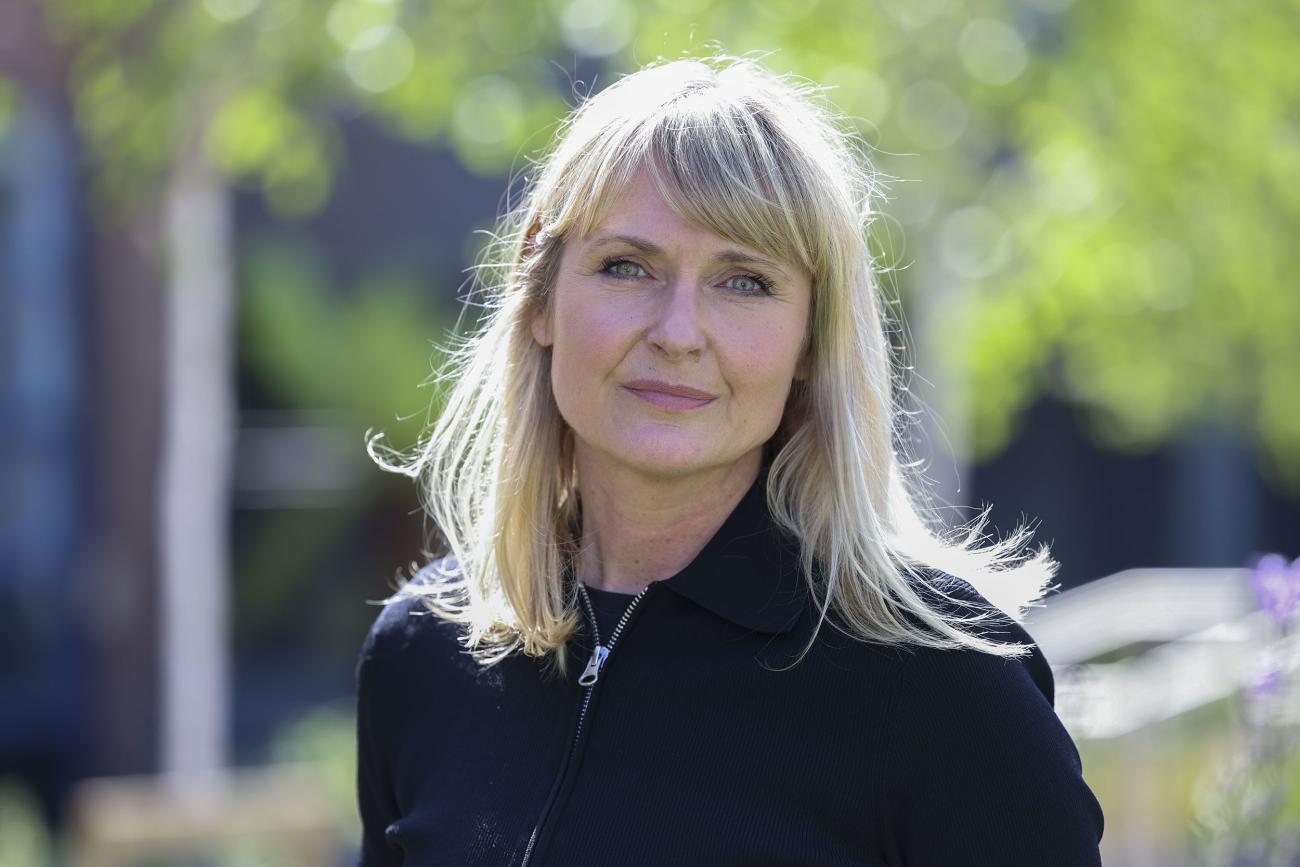Prof
Debbie
Ging

Academic biography
Debbie Ging is Professor of Digital Media and Gender in the School of Communications. She teaches and researches on gender, sexuality and digital media, with a focus on digital hate, online anti-feminist men's rights politics, the incel subculture and radicalisation of boys and men into male supremacist ideologies. Her research also addresses youth experiences of gender-based and sexual abuse online and educational interventions to tackle this issue. Debbie is Ireland Corresponding Editor of the journal Men and Masculinities (http://jmm.sagepub.com/) and is a member of the Editorial Board of New Media and Society (https://journals.sagepub.com/home/nms). She is also a member of the National Anti-Bullying Research and Resource Centre and of the Institute for Future Media, Democracy and Society (FuJo).
PhDs currently supervising:
- Rodica Alliman (with Iker Erdocia): The French and Romanian Far Right on You Tube: a Comparative Multimodal Analysis
- Pragyaa Chandel (with Colleen Murrell): Women journalists and online abuse and harassment: psycho-emotional toll and its repercussions on journalism in India
- Benjamin Foley: Improving Digital Sexual Literacy in LGBTQ+ Youth
- Deniz Celikoglu: P
Research interests
Gender, sexuality and gender politics online. Digital feminism, toxic masculinity, incel 'communities', online radicalisation, online misogyny and hate speech. Educational policy around sex and relationship education, digital citizenship and young people's digital rights. Ethical, bio-political and social justice implications of Artificial Intelligence.

